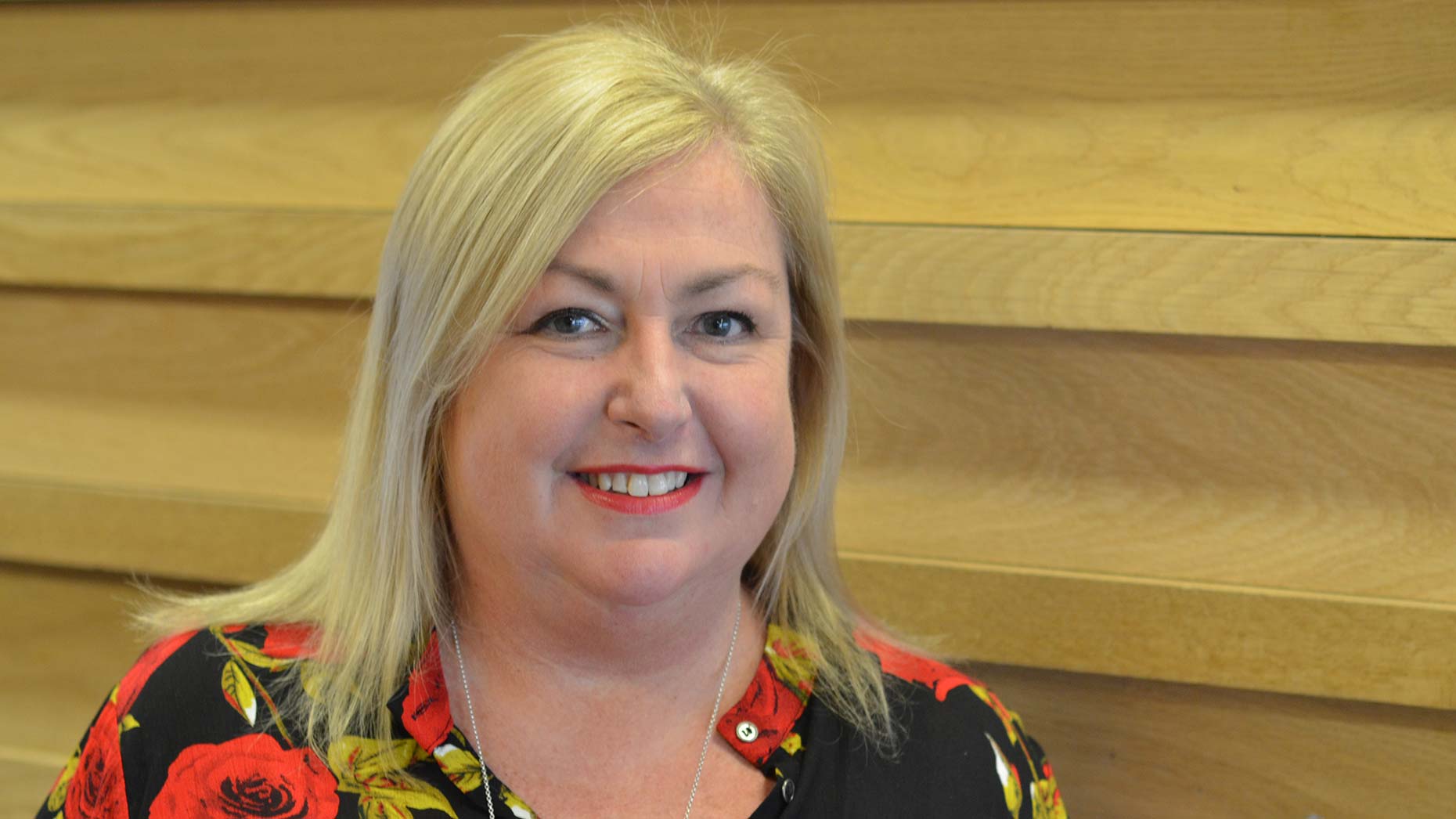Prime Minister Liz Truss has outlined the new government plan for growth what do the changes mean for the mortgage market and property sector?
The main changes announced were as follows:
- Stamp Duty threshold raised to £250,000 or £425,000 for first-time buyers
- Corporation tax rise cancelled, keeping it at 19%
- Basic rate of income tax cut to 19% in April 2023
- Investment Zones for business investment and release land for new homes across the country
Stamp Duty Changes
The Chancellor, Kwasi Kwarteng, unveiled a package of major cuts to Stamp Duty Land Tax in England and Northern Ireland, doubling the nil rate band from £125,000 to £250,000 for regular purchases meaning a saving of £2,500.
Kwasi Kwarteng also increased the band from £300,000 to £425,000 for first-time buyers while also increasing the value of the property on which first-time buyers can claim relief, from £500,000 to £625,000.
Although this will have a positive impact on the property market, it will not have the same effect as the previous Stamp Duty holiday which created a buying frenzy – this had a deadline which buyers had to complete the purchase by a set date. In a lot of ways this in its self-created problems, mortgage companies and solicitors were inundated with new purchase applications. Hopefully the new permanent Stamp Duty levels will stimulate the market without creating unmanageable levels of purchases, it will support continuous growth in the market.
No change to additional property Stamp Duty surcharges.
Investment Hubs
At present, the Government are discussing with 38 different councils the prospect of individual Investment Zone which offer generous, targeted and time-limited tax cuts for businesses, such as zero stamp duty for land and buildings bought for use or development for commercial purposes, and for purchases of land or buildings for new residential development.
The Market’s Reaction
Following the ‘Mini Budget’ the market and Pound went into freefall with the Pound dropping to new lows against the Dollar. The Government are trying to build growth, but due to the level of inflation and the aftermath of the mini budget we are seeing mortgage lenders withdrawing mortgages. On Thursday, September 29, we saw nearly 1,000 mortgage products withdrawn from the market, mortgage offers withdrawn as lenders are looking at the possibility that the Bank of England will increase rates to try and bring down inflation, plus they want to stabilise the Pound. Customers were left without mortgage options and facing the fact that mortgage interest rates could be on the up again.
The market is expecting a further 1% rate rise with more to follow. So, on one hand the Government is trying to simulate, yet the Bank of England are counter acting this by hiking rates to a level not seen in the last decade.
Many home owners will not remember rates of more than 5% where some customers remember days of 15%. I have seen peaks and troughs from the late 80s and the credit crisis in 2007 and 2008. Whilst the higher interest rates will be an additional cost, which few can afford, I am confident that the market will settle.
The mortgage market in the UK has a vast array of lenders who are looking to support customers’ needs. My expectations over the next few days are that lenders will introduce new mortgage rates. I do expect them to be increased and I don’t expect to see them return to rates which we saw last year. But I have confidence that in time the market will bounce back.
Despite the uncertainties, it seems for the property industry at least things are looking brighter with Rightmove reporting a 10 per cent increase in traffic within an hour of the Chancellor’s announcement.







